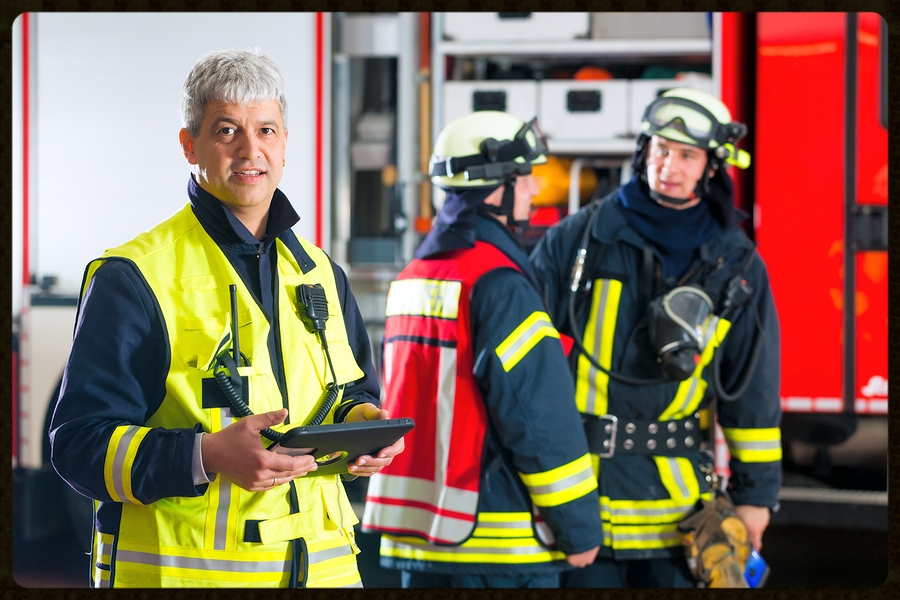Early fire detection through the use of smoke detectors has the ability to save lives and homes.
Read on to find out which smoke alarm setup is best suited to your home or business
Smoke alarm installation
Smoke alarms are best installed professionally by your alarm company as part of your complete home / commercial security investment.
They will be able to interconnect all alarms so that when one alarm sounds, all the alarms sound.
Your installer should also hardwire the fire detectors into the mains power so that they are not reliant on battery power alone.
Smoke alarms for homes
For homes, photo-electric smoke alarms are the industry standard as they provide the best detection in a wide range of fire situations
Smoke alarms for commercial
For commercial buildings, alarm experts recommend installing a variety of fire detector types throughout the premises. No type of fire detector is suited for all types of fires and for use in all areas and conditions.
Fire alarm types
Several different types of fire alarms exist all of which fall under on of 3 categories
- Smoke
- Heat
- Carbon monoxide (CO)
IONISATION SMOKE DETECTORS
The older, more common of the smoke alarm varieties and are the most cost effective option. They work by detecting small smoke particles in the air and are best suited for installation outside of kitchen areas
PHOTOELECTRIC SMOKE DETECTORS
Recommend by the NZ fire service as their preferred type of smoke alarm. They operate with a light sensor that is interfered by the appearance of smoke particles.
Though they are prone to false alarm more often than the ionisation smoke detectors they are sensitive to a wide range of fire types and have higher chance of providing an early warning in the event of a real fire.
LINEAR BEAM SMOKE DETECTORS
These sensors work very similarly to the photoelectric smoke detectors, operating with a light beam which is interfered by smoke particles. They are best suited to commercial premises of large spaces such as high roofed warehouses
HEAT DETECTORS
These sensors work a bit like a thermometer, fires increase heat levels so once the sensors reaches a predetermined temperature the alarm is triggered.
CARBON MONOXIDE (CO) SENSORS
A new type of sensor that is still undergoing further testing and improvement. CO sensors are designed to detect carbon monoxide which is poisonous and commonly responsible for fatalities during fires.
Fire alarms and monitored alarms
Smoke alarms can be installed specifically to work together with your monitored alarm. If you are using a monitoring service, upon a smoke/heat sensor triggering, the monitoring company will receive a fire signal which they can act upon and involve the fire brigade if required.
Automatic fire alarm service
More commonly used in commercial settings, fire alarm monitoring companies specifically handle monitoring of fire alarms, signals are sent direct to the NZ fire service and can drastically decrease response time for the fire brigade arriving on site.
Visit The NZ fire service for a full list of specialized fire alarm monitoring companies.

